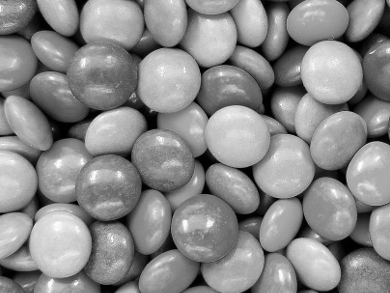Anisotropic particles are highly useful materials to study the self-assembly mechanism of building blocks into systems with higher order. Lens-shaped particles are of interest because they have shown enhanced adhesion to surfaces compared to their spherical counterparts. In addition, such particles show promise as microlenses for super-resolution microscopy.
Daeyeon Lee, University of Pennsylvania, Philadelphia, USA, and colleagues have developed a seeded emulsion polymerization route that allows the large-scale production of lens-shaped particles. The researchers first produced polystyrene particles as seeds which were subsequently swollen in a solution containing water, tert-butyl acrylate, toluene, and a surfactant. A high content of toluene as solvent (90 vol%) was found to be critical in this step to obtain monodisperse and homogeneous particles.
After thermally induced polymerization, the sacrificial polymer poly(tert-butyl acrylate) was removed by acid hydrolysis to yield the lens-shaped particles. By varying the parameter during the swelling step, the team was able to adjust size and shape of the particles.
- Shape-Tunable Synthesis of Sub-Micrometer Lens-Shaped Particles via Seeded Emulsion Polymerization,
Wei-Han Chen, Fuquan Tu, Laura C. Bradley, Daeyeon Lee,
Chem. Mater.2017.
DOI: 10.1021/acs.chemmater.7b00494




